With the aid of a fellow Auschwitz survivor and a hand-written letter, an elderly man with dementia goes in search of the person responsible for the death of his family. […]
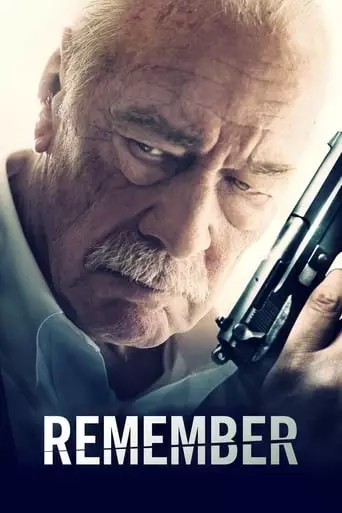
With the aid of a fellow Auschwitz survivor and a hand-written letter, an elderly man with dementia goes in search of the person responsible for the death of his family. […]
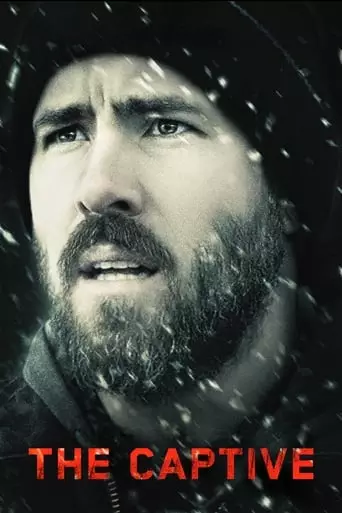
Eight years after the disappearance of Cassandra, some disturbing incidents seem to indicate that she’s still alive. Police, parents and Cassandra herself, will try to unravel the mystery of her […]
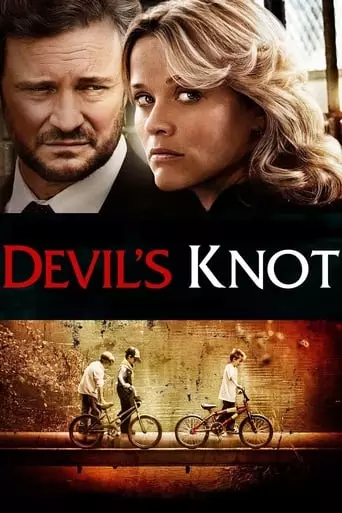
The savage murders of three young children sparks a controversial trial of three teenagers accused of killing the kids as part of a satanic ritual. Devil’s Knot is a 2013 […]
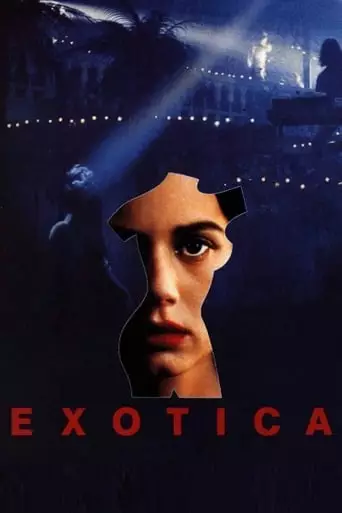
In the upscale Toronto strip club Exotica, dancer Christina is visited nightly by the obsessive Francis, a depressed tax auditor. Her ex-boyfriend, the club’s MC, Eric, still jealously pines for […]

A small mountain community in Canada is devastated when a school bus accident leaves more than a dozen of its children dead. A big-city lawyer arrives to help the survivors’ […]
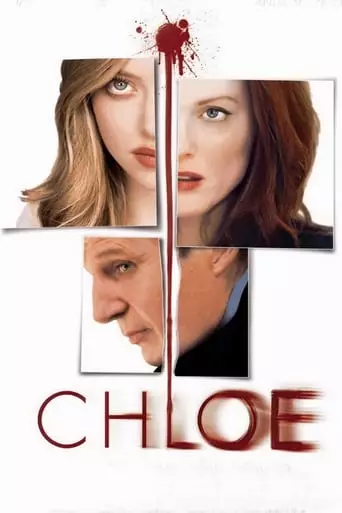
A doctor hires an escort to seduce her husband, whom she suspects of cheating, though unforeseen events put the family in danger. Chloe is a psychological thriller directed by Atom […]
Atom Egoyan: A Master of Psychological and Emotional Complexity
Atom Egoyan, an Armenian-Canadian filmmaker, is renowned for his thought-provoking narratives and innovative storytelling techniques. Over a career spanning more than four decades, Egoyan has explored themes of memory, identity, loss, and human connection, often delving into the psychological depths of his characters.
Known for his distinctive style and willingness to tackle challenging subject matter, Egoyan has earned critical acclaim and numerous accolades, cementing his place as one of Canada’s most celebrated directors.
Early Life and Career Beginnings
Atom Egoyan was born on July 19, 1960, in Cairo, Egypt, to Armenian parents. His family emigrated to Canada when he was a child, settling in Victoria, British Columbia. Egoyan’s Armenian heritage and experiences as an immigrant profoundly influenced his artistic sensibilities, with themes of displacement and cultural identity recurring throughout his work.
Egoyan studied International Relations at the University of Toronto, where he developed an interest in filmmaking. His early short films, including Howard in Particular (1979) and Peep Show (1981), showcased his talent for blending dark humor with poignant social commentary.
Breakthrough Films and Signature Style
Egoyan’s early feature films, such as Next of Kin (1984) and Family Viewing (1987), established his reputation as a filmmaker unafraid to experiment with narrative structure and visual storytelling. These works often explored fractured relationships and the impact of technology on human connections.
Speaking Parts (1989)
Egoyan gained wider recognition with Speaking Parts, a meditation on voyeurism, memory, and the commodification of intimacy. The film’s innovative use of video technology and nonlinear storytelling became hallmarks of Egoyan’s style.
The Adjuster (1991)
This darkly satirical film about an insurance adjuster who becomes entangled in his clients’ lives further cemented Egoyan’s reputation as a bold and original voice in independent cinema.
Critical Acclaim: Exotica and The Sweet Hereafter
Exotica (1994)
Egoyan’s international breakthrough came with Exotica, a haunting drama set in a mysterious strip club. The film weaves together the lives of its characters through a fragmented narrative, exploring themes of grief, obsession, and emotional healing.
Exotica was a critical success, earning the FIPRESCI Prize at the Cannes Film Festival and introducing Egoyan’s work to a global audience.
The Sweet Hereafter (1997)
Widely regarded as Egoyan’s masterpiece, The Sweet Hereafter is an adaptation of Russell Banks’ novel about a small town grappling with the aftermath of a tragic school bus accident.
The film’s nonlinear structure and emotionally resonant storytelling earned widespread acclaim, winning three prizes at the Cannes Film Festival and receiving two Academy Award nominations for Best Director and Best Adapted Screenplay. The Sweet Hereafter remains a landmark in Canadian cinema, showcasing Egoyan’s ability to blend intimate human drama with universal themes.
Exploration of Complex Themes
Egoyan’s films often delve into the darker aspects of human experience, examining how trauma, memory, and technology shape relationships and identities. His characters are frequently caught in morally ambiguous situations, reflecting the complexities of modern life.
In works like Felicia’s Journey (1999) and Ararat (2002), Egoyan tackles themes of cultural heritage and historical memory. Ararat, in particular, confronts the Armenian Genocide, blending fiction and reality to explore the intergenerational impact of historical trauma.
Later Career and Continued Innovation
Chloe (2009)
Egoyan reached a broader audience with Chloe, a psychological thriller starring Julianne Moore, Liam Neeson, and Amanda Seyfried. While more commercially oriented than his earlier films, Chloe retains Egoyan’s fascination with intimacy and deception.
The Captive (2014) and Guest of Honour (2019)
In recent years, Egoyan has continued to explore themes of guilt, surveillance, and moral ambiguity. Films like The Captive and Guest of Honour showcase his evolving style, balancing his signature introspection with more accessible narratives.
Legacy and Influence
Atom Egoyan’s contributions to cinema extend beyond his films. As a champion of Canadian filmmaking, he has inspired a new generation of artists and brought international attention to Canada’s film industry. His unique approach to storytelling, characterized by nonlinear narratives and a focus on emotional and psychological depth, has influenced filmmakers worldwide.
Egoyan’s work has been celebrated with numerous awards, including the Governor General’s Performing Arts Award for Lifetime Artistic Achievement and the Companion of the Order of Canada, one of the country’s highest honors.
Conclusion
Atom Egoyan’s films are a testament to the power of cinema to explore the intricacies of human experience. Through his innovative storytelling and unflinching examination of complex themes, Egoyan has created a body of work that challenges, provokes, and resonates deeply with audiences.
With a career defined by artistic integrity and intellectual rigor, Atom Egoyan remains a vital voice in contemporary cinema, continually pushing the boundaries of what film can achieve.